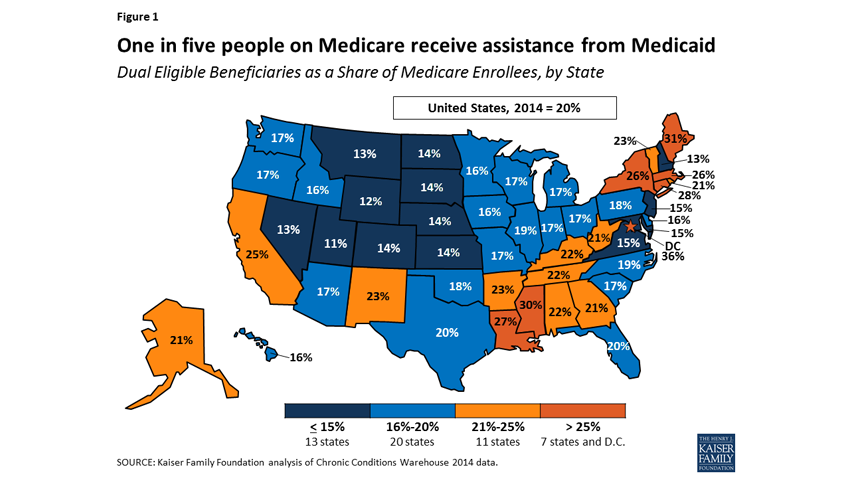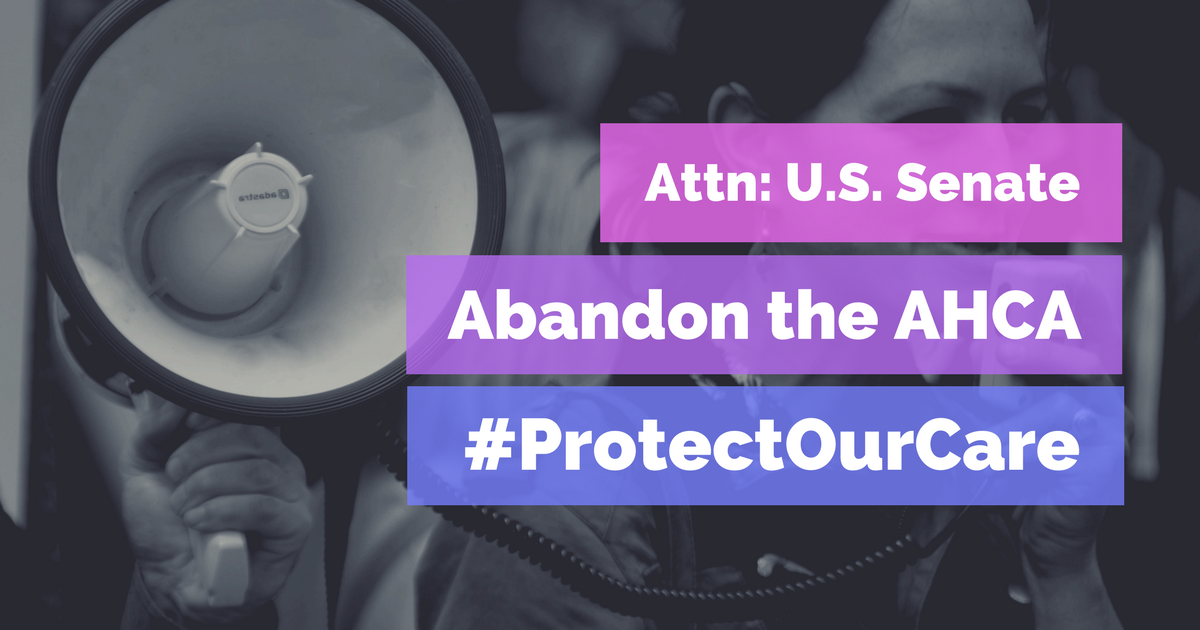
Issue Brief Outlines Medicare Risks of Medicaid Caps
The National Coalition on Health Care (NCHC) recently released an issue brief exploring how recent proposals to change Medicaid financing would affect Medicare. Eleven million people with Medicare—nearly 20%—also rely on Medicaid. Changes to one program can cause a ripple effect to the other. NCHC explains the significant pressure proposed Medicaid per-capita caps would place on Medicare, including the implications for future reform efforts.










